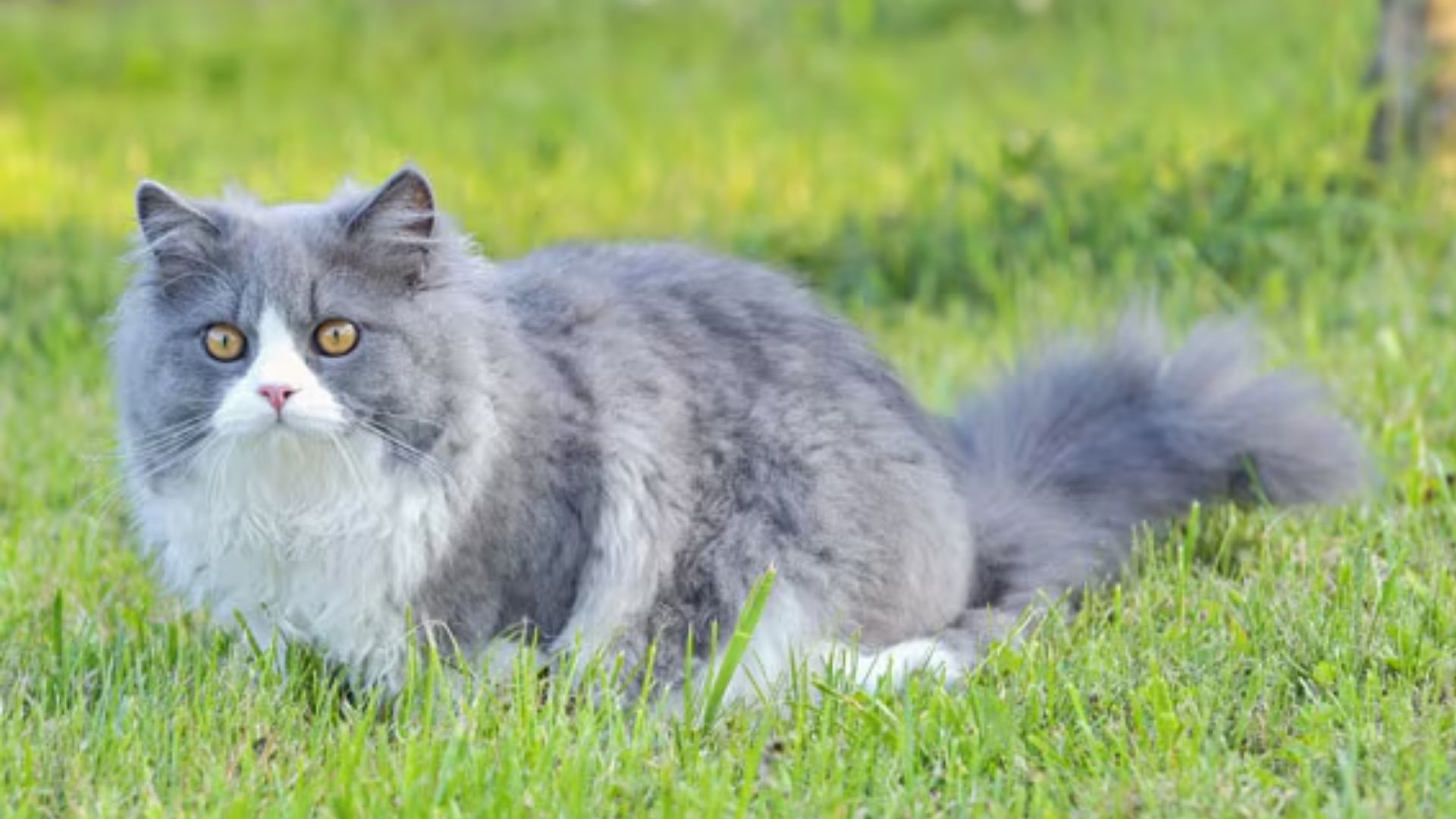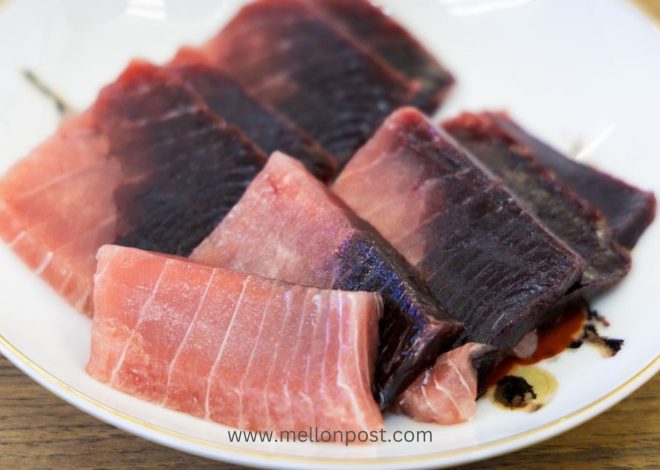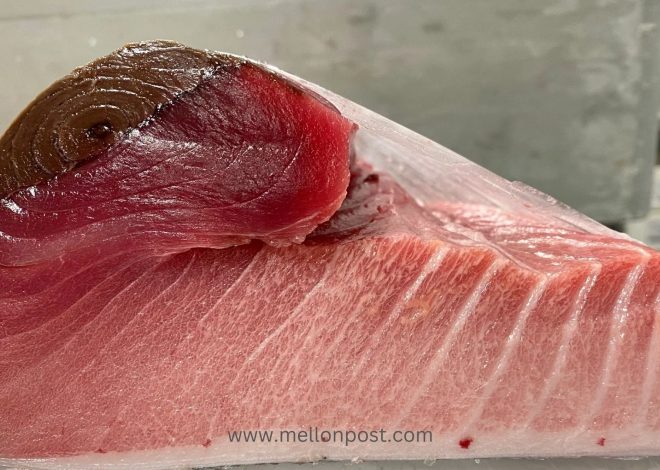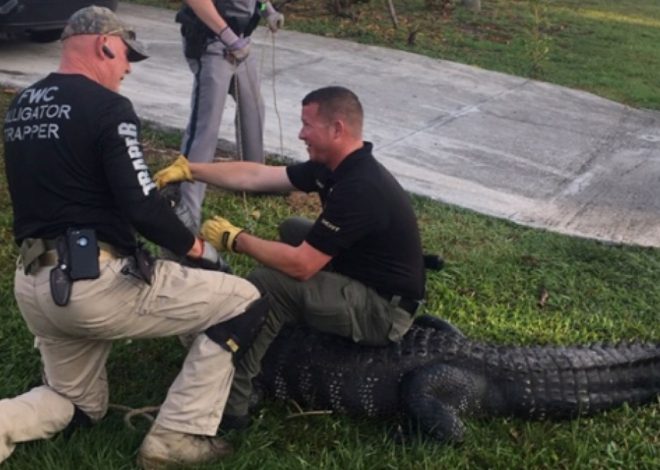
Ragdoll Cat
Ragdoll cat is known for their large size, striking blue eyes, and laid-back personalities. They are a relatively new breed, first developed in California in the 1960s by Ann Baker.
Ragdolls are often called “floppy cats” because they tend to go limp and relaxed when picked up.
They are generally docile, gentle, and sweet, and enjoy being close to people. Ragdolls come in four main patterns and six major colors, with all kittens being born completely white and developing their color over time.
They have a semi-long, plush coat that requires regular grooming to prevent matting and excessive shedding.
Ragdolls are not hypoallergenic and can cause allergic reactions in some people due to their saliva. They are generally healthy, but can be prone to hypertrophic cardiomyopathy (HCM), a hereditary heart condition.
Regular veterinary check-ups and grooming are important for maintaining a Ragdoll’s health and well-being.
Temperament of a ragdoll cat
The temperament of a Ragdoll cat is characterized by being calm, affectionate, and sociable. Ragdolls are known for their gentle and friendly nature, making them ideal family pets that enjoy human companionship and seek attention.
They are described as docile, relaxed, and affectionate, often displaying a more dependent personality compared to other cat breeds.
Ragdolls are playful, loyal, and empathetic, making them wonderful companions that are great with children and other pets. Their temperament is often likened to that of dogs due to their social and adaptable behavior.
Average lifespan of a ragdoll cat
The average lifespan of a Ragdoll cat is 9-15 years, with some living up to 26 years.
Factors that influence a Ragdoll cat’s lifespan include genetics, diet, lifestyle, indoor vs. outdoor living, neutering or spaying, level of health care, and vaccination status.
Providing high-quality care, including proper nutrition, regular veterinary check-ups, and a safe and stimulating environment, can contribute to a longer and healthier life for a Ragdoll cat.
Common health issues that ragdoll cats face
Ragdoll cats are generally healthy, but they can face certain health issues due to genetic predisposition or acquired conditions. Some of the common health issues that Ragdoll cats face include:
1. Heart disease: Hypertrophic cardiomyopathy (HCM) is a common heart disease in Ragdoll cats, which can lead to heart failure, thromboembolism, and sudden death.
2. Polycystic kidney disease (PKD): This genetic disorder causes cysts to grow in the kidneys, which can lead to chronic kidney insufficiency or failure.
3. Urinary tract disease: Ragdoll cats can suffer from urinary tract infections, which can cause abdominal pain, fever, frequent urination, painful urination, and blood in urine.
4. Indigestion caused by hairballs: Ragdoll cats’ long fur can lead to hairballs, which can cause digestive problems if not expelled from the body naturally..
5. Feline obesity: Ragdoll cats are prone to obesity due to their relaxed and sedentary lifestyle, which can lead to various health issues such as diabetes, urinary tract disease, hypertension, osteoarthritis, and joint deformities.
To keep your Ragdoll cat healthy, it’s essential to provide proper grooming, exercise, and nutrition. Regular check-ups with the vet can also help detect and treat any potential health issues early on.
Symptoms of polycystic kidney disease in ragdoll cats
Polycystic kidney disease (PKD) is an inherited condition in cats that causes multiple cysts to form in the kidneys, leading to potential kidney failure.
The cysts are present from birth and grow larger over time, affecting kidney function. Symptoms include weight loss, increased drinking and urination, lethargy, poor appetite, poor coat, vomiting, and diarrhea.
PKD is caused by a mutation in the PKD1 gene and is most common in Persian and related breeds, such as Himalayans, Exotic Shorthairs, and British Shorthairs.
Diagnosis is made through ultrasound, and there is no cure, but treatments like diet modification, fluid therapy, medications, and supplements can help manage the disease. A genetic test is available to identify carriers of the gene.
Treatment options for polycystic kidney disease in ragdoll cats
The treatment options for polycystic kidney disease (PKD) in Ragdoll cats include a combination of dietary adjustments, fluid therapy, and nausea medication.
Routine blood work, urinalysis, and abdominal ultrasound are essential for diagnosing and confirming PKD.
Dietary modifications that support kidney function are crucial, with a focus on high-quality human-grade canned, raw, or homemade diets rather than low-protein prescription diets.
Natural therapies like B-vitamins, phosphorous binders, amino acids, and herbs can also be beneficial in managing PKD in Ragdoll cats.
Regular veterinary monitoring and care are essential to help maintain the quality of life and manage the progression of PKD in affected cats.
How much is a ragdoll cat / How are ragdoll cats ?
Ragdoll cat price can vary depending on the quality and type of cat. A pet-quality Ragdoll typically costs between $800 to $1,500, while a show-quality Ragdoll cat cost between $1,500 to $4,000.
The monthly costs of owning a Ragdoll cat can range from $265 to $805+, which includes food, grooming, toys, beds, and healthcare expenses.
It’s important to note that the cost of owning a Ragdoll cat goes beyond the initial buying price, and there are many hidden costs that you should be aware of, such as food, grooming, vet services, and pet insurance.
Factors that affect the price of a ragdoll cat
The price of a Ragdoll cat can vary depending on several factors, including the cat’s quality, breeding, and age.
On average, a pet-quality Ragdoll cat can cost between $800 to $1,500, while a show-quality Ragdoll can cost between $1,500 to $4,000.
The price can also vary depending on the coat pattern and color of the cat. For example, a bicolor lynx or a Ragdoll with tabby cat points with a white chest and feet can cost more due to their unique coat patterns.
In addition to the initial buying price, there are also ongoing costs to consider, such as food, grooming, vet services, and pet insurance.
These costs can range from $265 to $805+ per month, depending on the brand of food, grooming products, and vet services chosen. It’s important to factor in these ongoing costs when considering the overall cost of owning a Ragdoll cat.
Difference between a pet-quality and a show-quality ragdoll cat
The difference between a pet-quality and a show-quality Ragdoll cat lies in their markings and appearance. Show-quality Ragdolls have perfect markings and are strictly selected and bred, making them more expensive.
They are expected to have specific patterns and colors recommended by The Cat Fanciers Association (CFA).
In contrast, pet-quality Ragdolls have fewer restrictions on their appearance and are more affordable.
While there is no distinction in terms of behavior and temperament between the show and pet breeds, show-quality Ragdolls are often used for breeding purposes, which commands a higher price tag.
Breeding costs, such as cat shows, breeding overhead costs, and kitten vaccinations, also affect the price of Ragdoll cats.
Markings that make a ragdoll cat show-quality
The markings that make a Ragdoll cat show-quality include perfect or near-perfect markings, which could be shown in TICA or CFA organized cat shows.
A show-quality Ragdoll must have blue eyes, which is a requirement for show breeds. The coat pattern is also important, with a mitted pattern Ragdoll that lacks a white chin being disqualified.
Show-quality Ragdolls are strictly selected and bred, making them more expensive than pet-quality Ragdolls.
Breeding costs, such as cat shows, breeding overhead costs, and kitten vaccinations, also affect the price of Ragdoll cats.
The different colors and patterns of ragdoll cats
Ragdoll cats come in various colors and patterns, including seal, blue, chocolate, lilac, tortoiseshell, red, and cream.
These colors can have tabby markings, which add “lynx” to the name, such as seal lynx or blue lynx. Ragdolls have three patterns: colorpoint, mitted, and bi-color.
The colorpoint pattern has well-defined colors on the ears, mask, feet, and tail, with fully pigmented nose leather and paw prints.
The mitted pattern displays points in well-defined colors on the legs, ears, mask, and tail, with a white blaze and chin, and white mittens on the front feet.
The bi-color pattern has points restricted to the ears, tail, mask, and saddle area, with a white mask, chin, chest, and underside, and colored legs and feet.
Ragdolls are born white and reach adulthood at 2-3 years, with their coat darkening over time.
What to consider before buying a ragdoll cat
Ragdoll cats are a popular breed known for their striking blue eyes, large size, and friendly personalities.
They come in various colors and patterns, including seal, blue, chocolate, lilac, and cream, with tabby markings or solid points.
When buying a Ragdoll cat, it is essential to consider the quality of the cat, whether pet-quality or show-quality.
Show-quality Ragdolls have perfect markings and are strictly selected and bred, making them more expensive than pet-quality Ragdolls.
Breeding costs, such as cat shows, breeding overhead costs, and kitten vaccinations, also affect the price of Ragdoll cats.
Ragdoll cats require regular grooming to keep their semi-long, silky coats in good condition, with brushing at least twice a week and claw trimming every two weeks or so.
They should eat high-quality cat food with meat as the main ingredient, with a balanced diet and proper dental care essential for their overall health.
While Ragdoll cats are generally healthy, they can be prone to certain health issues, such as weight gain, feline infectious peritonitis, bladder stones, periodontal disease, hypertrophic cardiomyopathy (HCM), and urinary tract issues.
Regular veterinary check-ups and proper care can help ensure a healthy and happy life for your Ragdoll cat.
Where can I buy a ragdoll cat?
You can buy a Ragdoll cat from reputable breeders who are registered with a cat fanciers association, such as TICA or CFA. Some of the top-rated breeders include
- Ragdoll Kittens by Kelly in Southern California
- Miami Ragdolls in Florida
- Ragdoll Cats London in the United Kingdom
- Ragdoll Kittens For You in Illinois
- Ragdolls Colorado Cattery in Colorado
- Castletopdolls Ragdolls in Maryland
- Ragalicious Ragdolls in California
- Aspen Ragdolls in Colorado
- Cherished Ragdolls
- Oh My Stars Ragdolls
- Pastel Ragdolls
- Ragdoll Kittens by Kelly
- Leas Ragdolls.
These breeders have high ratings and positive reviews from customers, and their kittens come with health guarantees and pedigree documentation.
It’s important to do your research and ask questions before purchasing a Ragdoll cat to ensure you are getting a healthy and well-bred kitten from a responsible breeder.
What is the cost of a ragdoll Cat?
Ragdolls can be purchased from reputable breeders, with the cost ranging from $800 to $3,500 for a kitten from a breeder and between $75 and $100 for adoption from a shelter or rescue.
Things to consider before buying a ragdoll kitten from a breeder
Before buying a Ragdoll kitten from a breeder, there are several things to consider. First, it is essential to find a reputable breeder who is open to questions and is familiar with the Ragdoll breed and breeding practices.
A good breeder should be able to answer all questions honestly and respectfully and provide specific answers to all questions. They should also have a well-kept breeding kennel and be committed to finding good homes for their Ragdolls.
It is also important to consider the kitten’s health and genetic history. A good breeder should test their breeding cats for genetic health conditions, including HCM and PKD, feline leukemia virus (FeLV), feline immunodeficiency virus (FIV), feline parasites and bacterias, blood type traits, and genetic diversity.
Each kitten should come with a 2-year genetic health guarantee, spay/neuter age-appropriate FVRCP vaccines, dewormings, microchip, and a full physical examination by a licensed veterinarian.
Additionally, consider the kitten’s temperament and personality. Ragdoll kittens are known for their affectionate and relaxed temperament, but it is essential to ensure that the kitten is well-socialized and has been exposed to various environments and experiences.
Finally, also consider the costs associated with buying a Ragdoll kitten from a breeder. On average, the cost to buy a Ragdoll kitten is between $800 to $3,500 from a reputable breeder.
In contrast, the cost to adopt a Ragdoll kitten from a shelter or rescue is between $75 and $100. It is important to weigh the pros and cons of adopting versus going through a breeder and consider the associated costs before making a decision.
Continue reading: Tabby cat


